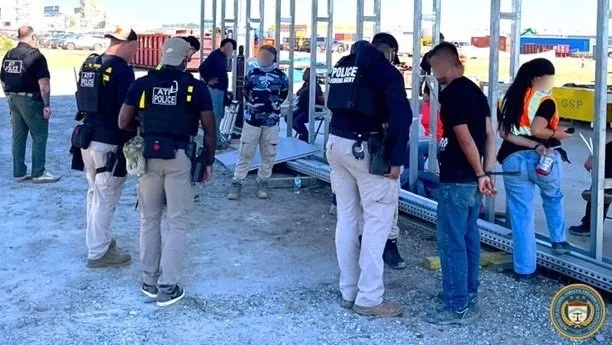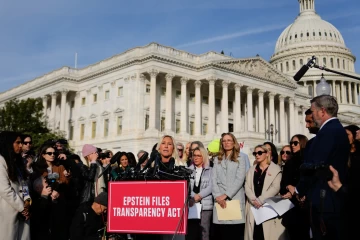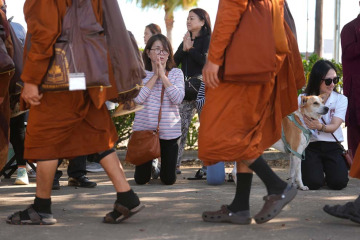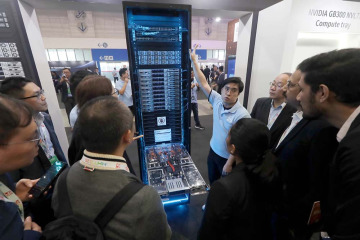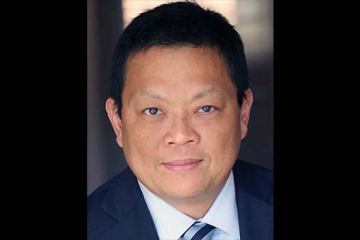Savannah, September 6, 2025 – The recent immigration raid at the Hyundai-LG Electric Vehicle Metaplant in Bryan County has sent shockwaves through Georgia’s business and immigrant communities, with Korean Americans expressing a complex mix of alarm, disappointment, and calls for reflection.
The operation, which led to the arrest of 475 individuals believed to be working unlawfully, is one of the largest of its kind in U.S. history and strikes at the heart of a landmark $5.5 billion project touted by state leaders as a crown jewel of Georgia’s economic development.
For many in the Korean American community, the raid feels like a painful contradiction. The project, a symbol of strong Korea-U.S. economic partnership, is now the site of a massive enforcement action that primarily affected Korean and Latino workers.
“This raid is not about safety. It is about fear, exploitation, and politics,” said Sam Park, Representative for Georgia House District 107. “Workers who already endured dangerous conditions — including multiple deaths during construction — are now being criminalized, while corporations and Republican politicians escape accountability.” Park’s statement reflects the anger felt by many who see the state’s welcoming hand to foreign investment clashing with harsh enforcement tactics against the very workforce building the project.
Echoing the official stance of state leadership, Republican Representative Soo Hong of District 103, one of the first Korean American women elected to the Georgia General Assembly, offered a more measured response.
“I am closely monitoring the situation at the Hyundai-LG plant and gathering additional information,” Hong stated. “Georgia must remain committed to the rule of law and safe work environments, and my understanding is that this action followed a criminal investigation into unlawful employment practices and was carried out under a judge-signed warrant.”
She emphasized Georgia’s valued partnership with Korean companies but made it clear that compliance with U.S. law is non-negotiable. “Businesses operating here must follow the law—just as Koreans expect of foreign companies in their own country.” Hong also expressed concern for any individuals who may have been lawfully present yet detained, pledging to “continue working to get answers.”
This tension between unwavering support for the rule of law and concern for the workers and the investment’s success is a common sentiment among Korean American business leaders.
Sean Kim, a Korean American business owner and member of World-OKTA, views the incident with “deep concern but also with a sense of responsibility to reflect carefully.”
“I respect that the United States, like any sovereign nation, must uphold its immigration and labor laws. A fair and lawful system is essential,” Kim said. However, he pointed to a systemic issue: “the gap between the urgent demand for skilled labor in large-scale projects and the limited availability of authorized workers.”
Kim argues that the Hyundai-LG investment is a strategic contribution to the U.S. economy that “represents not just a business project” but a strengthening of the Korea-U.S. alliance. He hopes the incident can spark a “constructive dialogue—between government, business, and community—on how to balance strict compliance with immigration laws while also supporting international investment and fair labor practices.”
The community’s reaction is ultimately multifaceted: shock at the scale of the operation, empathy for the detained workers and their families, frustration with the corporations whose practices may have led to the situation, and a pragmatic understanding of the need for law enforcement. For Georgia’s Korean Americans, the raid is more than a news headline; it is a deeply personal event that sits at the crossroads of national identity, economic ambition, and the pursuit of the American dream. The path forward, as voiced by its leaders, will require a difficult but necessary conversation about how Georgia builds its future. – Georgia Asian Times


